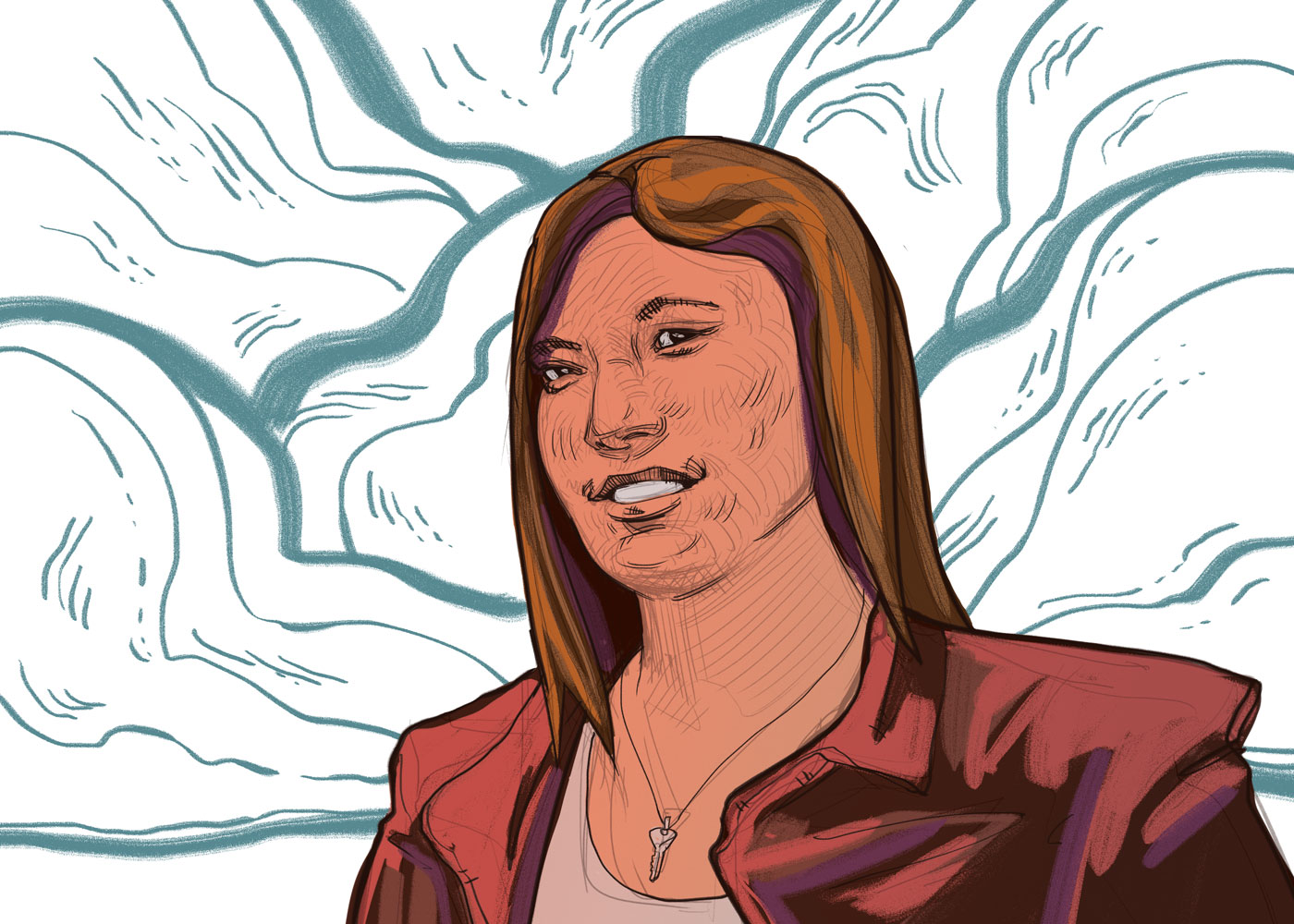Current statistics indicate that only about one out of every five Canadians are aware of the Indian Residential School Truth and Reconciliation Commission (TRC) that was established in 2008. The TRC was established to shine light on the widespread abuse and neglect that went on for nearly 150 years in Canada’s Indian residential schools. The Canadian government established off-reserve residential schools to “civilize” Aboriginal children, convert them to Christianity or Catholicism, and assimilate them into Euro-Canadian society.
In these schools, children were often sexually, physically and emotionally abused by school and church staff, many children died of neglect resulting from inhumane living conditions and complete disregard for the their health and safety.
The work of the TRC includes educating the broader Canadian public about the past, with the goal of combating the “fear of the other” by bringing Aboriginal and non-Aboriginal people together to learn about what happened in these schools and come to terms with the injustices children faced there. As the TRC’s website notes, “the truth of our common experiences will help set our spirits free.” To accomplish its goal, the TRC travels across Canada and facilitates public events that are designed to allow survivors of residential schools to talk about the horrors they experiences as students in the schools and shine the light on the dark Canadian past.
How important is the TRC? It’s extremely important. It may be our only chance to bring adequate closure to the victims of residential schools and to try to repair the damage done at the hands of the Canadian government and churches.
Of course, the obvious and the most basic requirement for this process is that both sides, Aboriginal and non-Aboriginal alike, must be willing to learn about the past. Given that the TRC travels to remote and northern communities across Canada to listen to and collect survivors’ stories, it is not always possible for all willing non-Aboriginal Canadians to attend TRC events in person. This is where the media coverage of TRC events should come into play to. However, to my disappointment, the mainstream media has largely ignored the TRC’s work and thus failed to provide adequate coverage of TRC events. How do I know this? I set up an online news alert for the TRC via Google Alerts back in 2009 to examine the extent of the TRC’s coverage in the media. The work of the TRC tends to make appearances in local media sources; seldom does it make the national news.
Given the important role of the TRC in promoting peace and harmony between Aboriginal and non-Aboriginal peoples, shouldn’t there be a greater amount of national media coverage (including the online media) for Canadians to access? I strongly believe there should be. However, one of the challenges that remains and will always remain is the bias in the story selection process of news media outlets. The online media are for-profit businesses and rely heavily on the popularity of stories, many of which are sensationalized and hyped up, in order to attract readers and maintain cash flow from advertising.
I am concerned that the TRC and its events may be unable to compete with the popularity of other news stories and therefore fail to bring as many readers to news websites as more popular topics might. Thus, in its mission to reach out to Canadians, the TRC may be destined for failure if something is not done to remedy its limited exposure. Having said that, I am positive there is plenty of room on Canadian news websites to showcase the TRC’s work, because there seems to be ample space for “news stories” such as celebrity gossip, daily fashion, the U.S. elections, and the like. Furthermore, the TRC has opened accounts on Facebook, Twitter, and YouTube in an attempt to broaden its reach and attract public attention. We should all be actively engaging, or, at the very least, watching closely and following the TRC’s work. After all, it is our duty as Canadians to learn our history, regardless of whether it’s good or bad, and to show respect to the people on whose lands we are living today.
Konstantin Petoukhov wishes for all Canadians to learn about the Truth and Reconciliation Commission.




